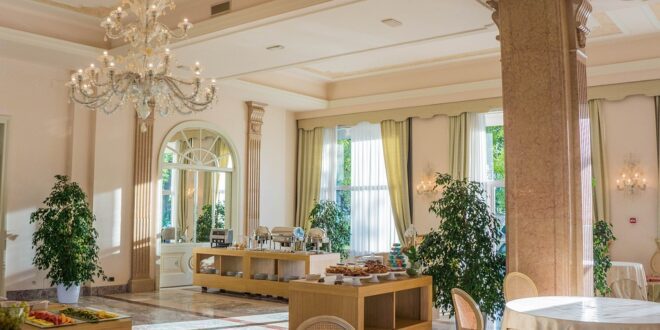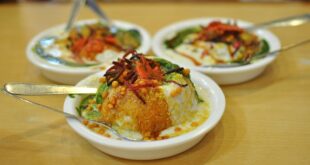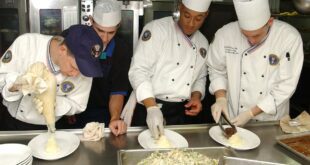Embark on a Culinary Adventure through the Ages
From Ancient Times through the Renaissance to Modern Day Gastronomy
Explore the Rich and Diverse History of Food
Food has been central to human life since the dawn of civilization. Every culture around the globe has its unique culinary traditions that have evolved over centuries, intertwining cultural and social aspects with the science of taste and nutrition. From freshly caught fish and roasted meat on an open fire to elaborate multi-course meals and molecular gastronomy, the story of food has created a wonderful journey through time.
Ancient Civilizations and Food Traditions
The early days of civilization saw ingenious ideas regarding food that continue to leave an impression on our cuisine even today. Ancient Greece brought forth the first known cookbook, which contained recipes for some still-cherished dishes like dolmades (stuffed grape leaves), moussaka, and spanakopita. In contrast, the Chinese are invoiced with discovering many of the culinary techniques now commonplace worldwide.
From ancient to medieval times when Europe and a good chunk of the world was under Roman influence, there are recognizable finds amid today’s staples that tie back to Roma traditions. High meat consumption, which includes pig, goat and chicken, great variation of ingredients, and consumption of honey flavored wine: “mulsum” are just a few examples and an identification of how far food culture has come from Roman times.
Renaissance, Exotic Spices and the Birth of New Cuisines
The period associated with great literary classics like Romeo and Juliet or A Midsummer Night’s Dream was also a time of culinary innovation. During the Renaissance period, the move towards warmer flavors and use of exotic spices characterized this time, such as ginger and saffron.
Furthermore, due to trade routes opening up, spices such as cinnamon, nutmeg, and pepper made it to Europe, enabling cooks the experimentation with a broader spectrum of flavors during the sixteenth century. New Cuisines were born during the overseas colonial expansion, mixing native ingredients that also infused from resulting traffic of diverse merchants between the exotic ports. Thus, European food culture transformed taking influences and fusion elements, requiring a new standard for culinary dishes.
Modern Cuisine and the Next Stage of Global Food Culture
Many of today’s great chefs, as well as exceptional household cooks, have received contemporary training that adheres to concepts of French, Italian, and Spanish cuisines. While imitations of a blockbuster meal’s experience succeed under the Art Deco Period (1920 – 1940), the world continuously challenges current chefs, testers, and researchers to remain fresh and unique.
Moreover, multiculturalism has rewritten the international vocabulary of cooking. The discoveries of molecular gastronomy study, which fused basic food products according to state-of-the-art scientific equipment that goes beyond ordinary culinary labor, has procreated innovative, fantastical results.
Directly meanwhile, some ancient traditional dieter types that affect great health impact share renewed globalization widely. Plant-based cooking reappears as surprisingly simple, wholesome, and sophisticated as solutions in accommodating an individual lifestyle.
Conclusion
The culinary story embellished in age’s legacy serves a substantial relationship towards our food culture appreciation today. Since ancient times, world cuisine has come a long way, resulting from the amalgamations of discoveries, fusions, originality, education, and authenticity, paving new trends for our upcoming culinary generations. Pursue your taste buds and enjoy revisiting the time when the first fire cooked meat through to avant-garde menu transfers modern fads. The artistic impressions of design make no limitation for your interpretation of modern gastronomy. Unsure what’s in store? Come indulge yourself in the crossover of traditional and modern – the culinary story of the ages.
 Mind Uncharted Explore. Discover. Learn.
Mind Uncharted Explore. Discover. Learn.



